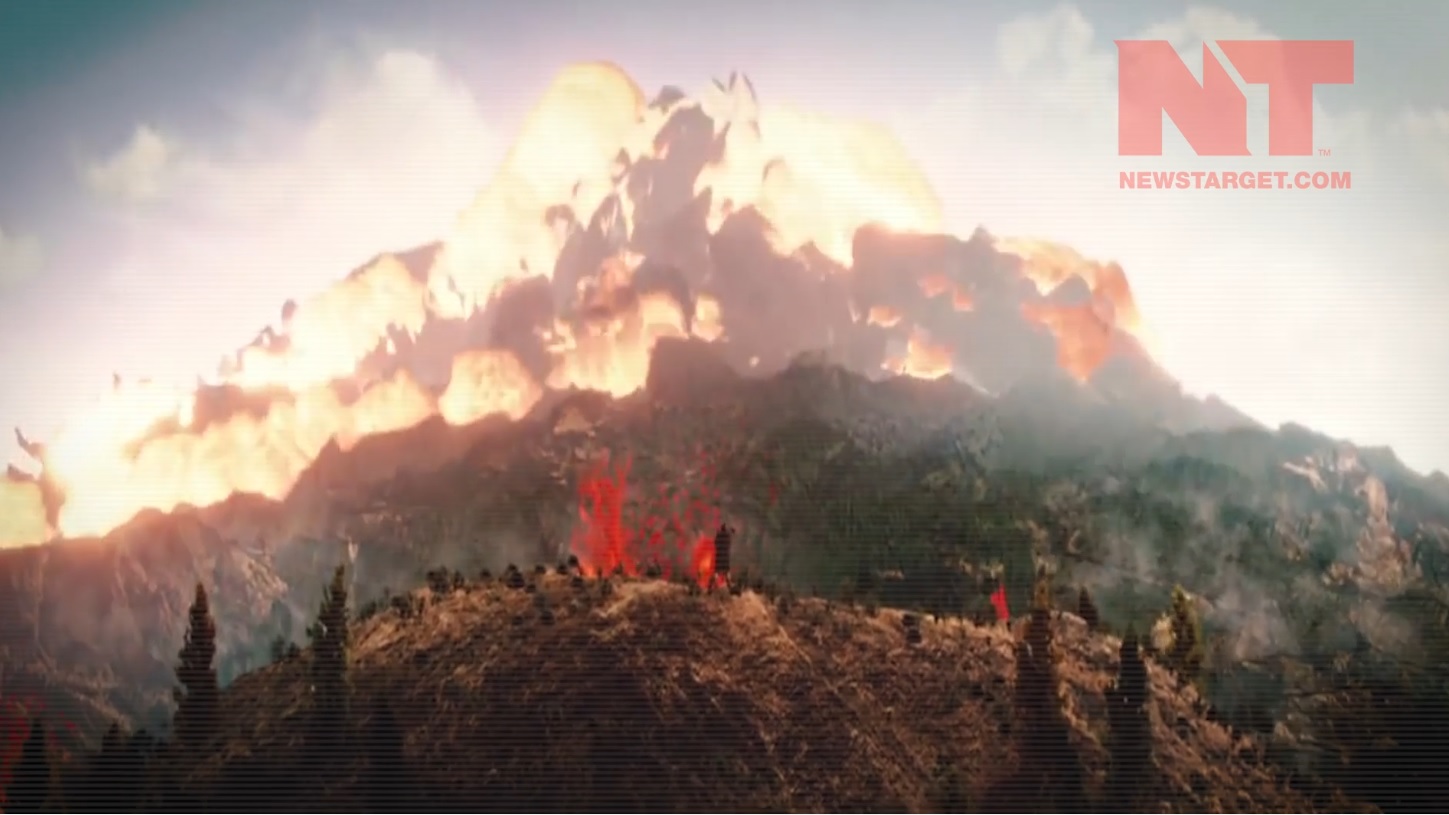
These are the findings of an international group of researchers upon examining tree rings, which provide an excellent, natural archive of past climate and weather conditions. The team gathered various tree samples to obtain summer temperature records in North America and Eurasia, which they compared with data on major volcanic eruptions, as well as critical historical events.
"Some climate models assume that the effect of volcanoes is punctuated and short," said lead author Ulf Buntgen, a geography professor at the University of Cambridge. "However, if you look at the cumulative effect over a whole century, this effect can be much longer."
The authors detailed their findings in the journal Dendrochronologia.
Volcanism may trigger temperature changes
The researchers examined samples from more than 9,000 living and dead trees that dated back to the first century. They used the same number of data points across a 2,000-year period, which was crucial to the accuracy of the study as previous climate reconstructions were biased by over-representation of trees from more recent times.
Comparing this body of evidence with data from ice cores, they discovered that large volcanic eruptions could lower global average temperatures by fractions of a degree Celsius, with the strongest effect concentrated in parts of North America and Eurasia. The reason for the cooling stemmed largely from the amount of sulfur released into the stratosphere during an eruption, forming tiny particles that block incoming sunlight from reaching the surface. This would result in cooler temperatures and shorter growing seasons, which would lead to fewer harvests.
In the same vein, Earth was able to absorb more heat from the Sun when there were fewer large eruptions. This could partially explain why the 3rd, 10th and 11th centuries – periods that experienced decreased volcanism – had higher temperature averages compared to other periods in the last 2,000 years. In fact, the team's reconstructed summer temperatures suggest that the climate conditions during these centuries were comparable to modern conditions up until 2010.
The researchers also found strong evidence for the Late Antique Little Ice Age, or LALIA, which scientists believed occurred in the 6th and 7th centuries. Temperatures during this period dropped dramatically, which was likely triggered by three major volcanic eruptions in A.D. 536, 540 and 547. According to the researchers, the cooler temperatures in the A.D. 536 possibly marked the onset of the LALIA.
Widespread effect of climate on society
Next, the researchers teamed up with historians to uncover how these changes in global average temperatures affected man. They discovered striking trends: Prolonged periods of warmth during the Roman and medieval times, which saw fewer large volcanic eruptions, often coincided with societal prosperity across much of Europe and China. On the other hand, the periods marked with increased volcanism often presaged widespread famine, plague outbreak and political upheaval.
"Interpreting history is always challenging," said co-author Clive Oppenheimer, a volcanologist at the University of Cambridge. "So many factors come into play—politics, economics, culture. But a big eruption that leads to widespread declines in grain production can hurt millions of people."
In turn, opined Oppenheimer, hunger could lead to a host of problems, such as disease, conflict and migration. These were issues that did happen throughout the past, preserved in historical records that foreshadow what's in store for the future. (Related: A volcanic eruption in 1815 blocked the sun for a full year, causing global crop failures and famine... and it could happen again.)
For more on the effects of volcanic eruptions on climate, visit ClimateScienceNews.com.
Sources include:
Please contact us for more information.























